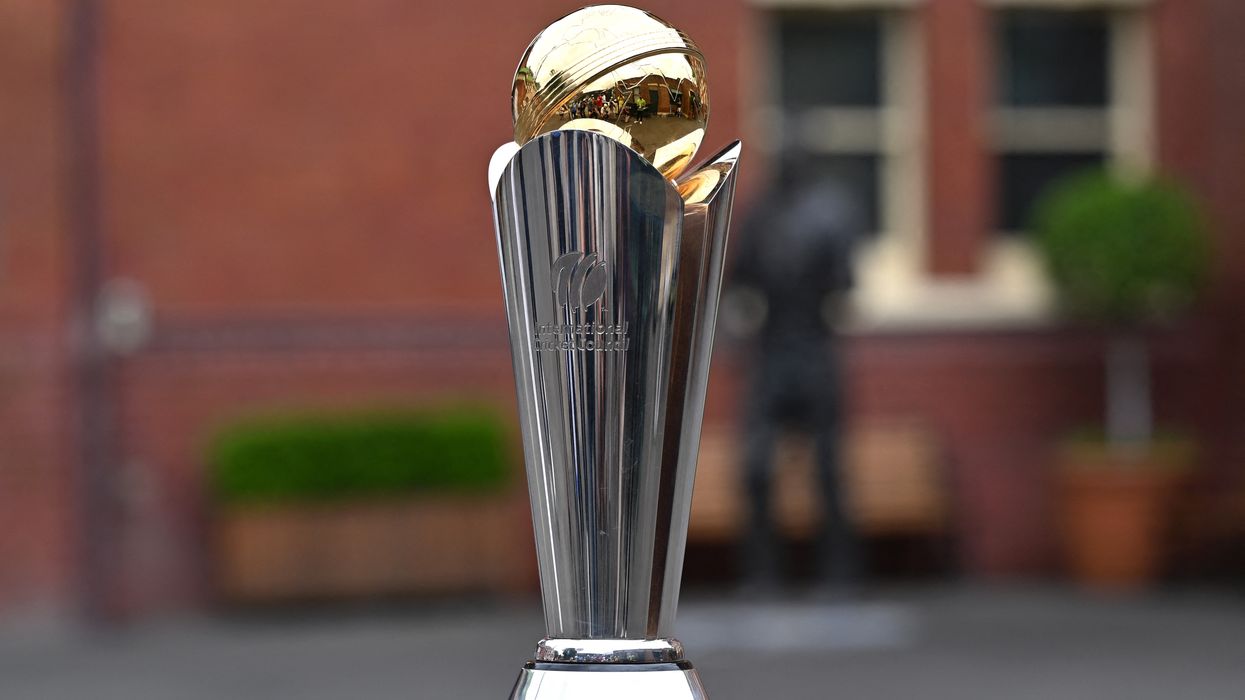THE CHAMPIONS TROPHY starts on Wednesday, following a build-up marked by a venue split between Pakistan and the UAE and calls for England to boycott their match against Afghanistan.
The tournament, considered the second most significant in one-day cricket after the World Cup, will run until 9 March.
It is Pakistan’s first global cricket event in nearly 30 years. However, India’s matches will be held in Dubai, as the team refused to travel to Pakistan due to political tensions.
The standoff was resolved in December when the International Cricket Council (ICC) confirmed India would play in the UAE. This could lead to the final being played in Dubai rather than Pakistan if India reaches that stage.
ALSO READ: 3 key matches to watch at the Champions Trophy
India and Pakistan, who only meet in ICC events due to political issues, will play their group-stage match in Dubai on 23 February.
England are scheduled to face Afghanistan in Lahore three days later, but the fixture has faced opposition in the UK.
More than 160 British politicians have urged England to boycott the match in protest against the Taliban government's ban on women in sport.
England and Wales Cricket Board (ECB) chairman Richard Thompson has insisted the match will proceed, stating that a "coordinated international response" would be more effective than unilateral action.
Pakistan is hosting an ICC event for the first time since co-hosting the 1996 World Cup with India and Sri Lanka. Karachi and Rawalpindi will also host matches.
Pakistan was largely avoided by international teams after the 2009 attack on the Sri Lankan team in Lahore, which left eight people dead and several players injured.
However, with improved security, international cricket resumed in the country in 2020.
India among favourites
The eight-team tournament is divided into two groups: India, Pakistan, New Zealand, and Bangladesh in Group A, while Australia, England, Afghanistan, and South Africa form Group B.
The top two teams from each group will advance to the semi-finals in Dubai and Lahore.
Pakistan, the defending champions, won the last edition in 2017, beating India in the final at The Oval. However, India, a two-time winner, is considered a strong contender, with Virat Kohli looking to regain form.
The tournament could be the last ICC event for 36-year-old Kohli and captain Rohit Sharma, who may retire after this edition.
"India is playing superb all-round cricket and so are among the favourites for the Champions Trophy," former captain Sunil Gavaskar told AFP. "The other teams to watch out for are defending champions Pakistan, New Zealand, and South Africa."
India will be without fast bowler Jasprit Bumrah.
Australia, the reigning ODI World Cup champions, will also be missing key players. Their pace attack—Pat Cummins, Mitchell Starc, and Josh Hazlewood—will be absent.
The sudden ODI retirement of Marcus Stoinis and an injury to Mitchell Marsh have further weakened the squad.
They come into the tournament after a 2-0 series defeat in Sri Lanka. Sri Lanka did not qualify for the Champions Trophy.
Pakistan will open the tournament against New Zealand in Karachi on Wednesday.
The hosts have been inconsistent in past editions, losing their opening game to India by 124 runs in 2017 before beating them by 180 runs in the final.
England enter the tournament after defeats to India in both T20 and ODI series.
Afghanistan, led by Rashid Khan’s spin attack, remains a threat. They defeated England, Pakistan, and Sri Lanka in the 2023 ODI World Cup and reached the semi-finals of last year’s T20 World Cup.
(With inputs from AFP)




